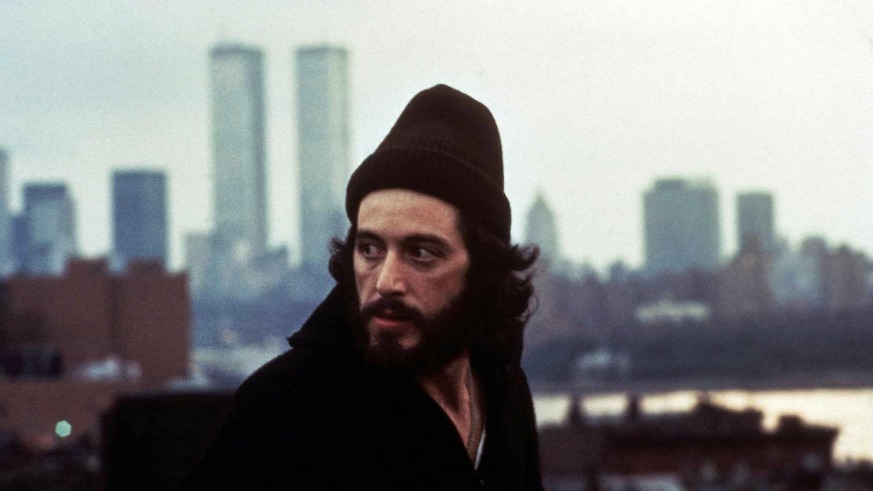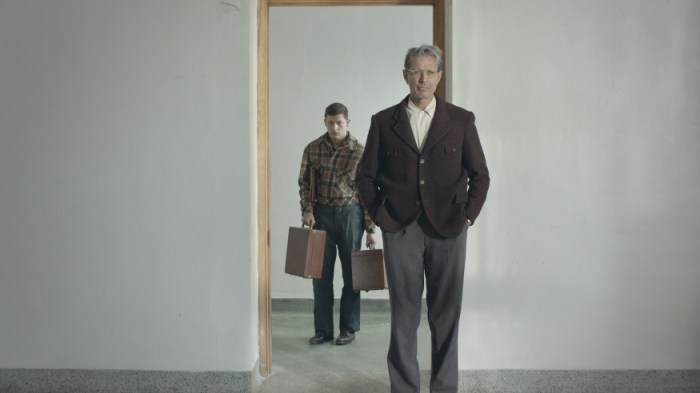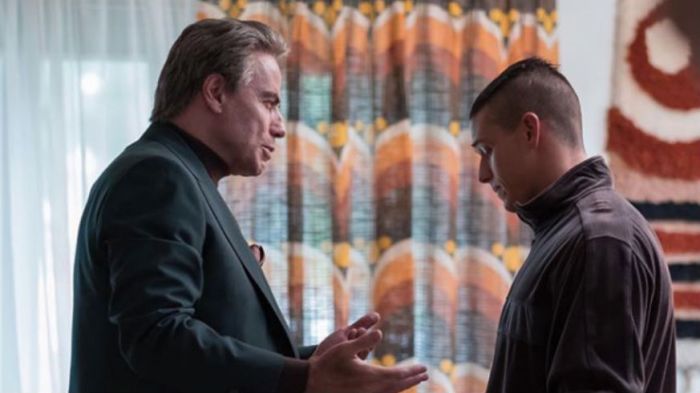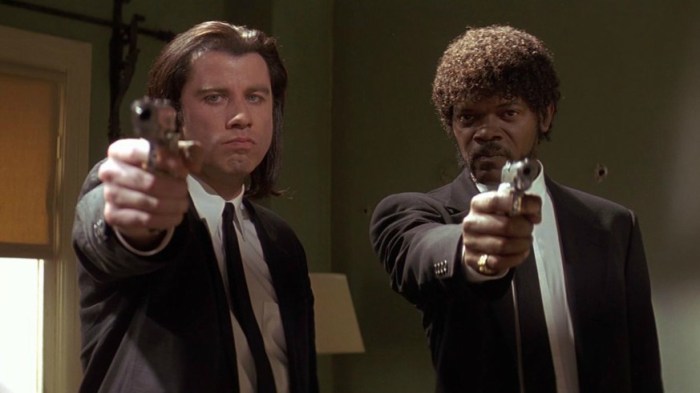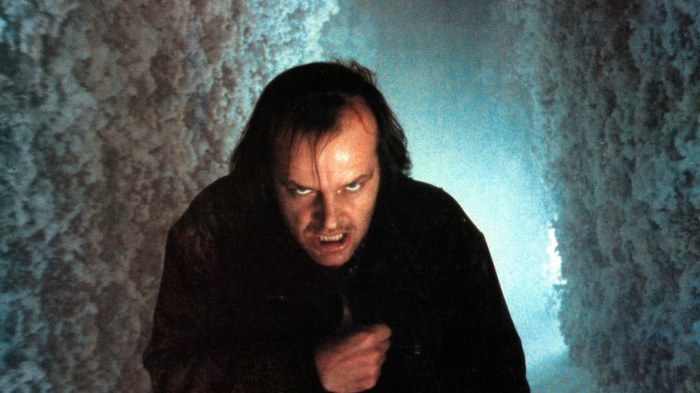‘Ford to City: Drop Dead’ — New York in the ’70s
July 5 through July 27
Film Forum, 209 W. Houston St.
America’s most filmed city is Los Angeles. And of course it is: It’s where Hollywood lives. But Los Angeles rarely plays itself; usually it stands in for everywhere but Los Angeles. The second most filmed city is New York City, which always plays itself. The movies have seen our metropolis through thick and thin, from the glory days of the ’50s and ’60s through the muck and mire of the ’70s, when we were so screwed not even President Ford would bail us out.
The Daily News’ legendary headline — “Ford to City: Drop Dead,” a misquote but, you know, always print the legend — is also the name of Film Forum’s ode to the decade’s seedy New York cinema. It’s when urban blight crossed paths with Hollywood’s new interest in true grit, creating a perfect storm of films that showed the city at its worst, its people at their most desperate. Watch Al Pacino start out the decade shooting smack around Lincoln Center in “Panic in Needle Park,” try to clean up the streets in “Serpico,” then give up and rob a Brooklyn bank in “Dog Day Afternoon.” By decade’s end, he’s open-minded enough to try out the gay S&M scene with “Cruising.” And he kind of likes it.
Even the musicals are down-and-out. “Godspell” — the junkiest of the hippie Jesus musicals — unfolds amongst garbage heaps and empty neighborhoods, while “The Wiz” reworks a cinema classic for the streets. At least these folks were having fun. Middle Americans were horrified by the crime running rampant through “The Warriors” and “Death Wish,” in which even Jeff Goldblum is a murderer. The city was broke, but you wouldn’t know it watching Woody Allen’s “Manhattan” or the divorce drama “An Unmarried Woman,” where the upper class treated this cesspool like a swanky playground.
Had these richies ventured to the other boroughs, they might have had a rude awakening. That’s what happens to trust fund kid Beau Bridges in Hal Ashby’s “The Landlord.” He buys a tenement building in godforsaken Park Slope — this must be seen to be believed — but goes the opposite of ’70s Donald Trump on the locals. Bay Ridge hasn’t changed much since the days of “Saturday Night Fever,” a monster hit despite being 15 percent disco, 85 percent a grueling and heartbreaking look at a go-nowhere schnook (who can dance).
In the interest of breadth, there are only two Blaxploitation greats on tap (“Shaft” and “Super Fly”), though there is Anthony Quinn solving crimbs with Yaphet Kotto in “Across 110th Street.” But casting a wide net also means catching some wonderful, undersung oddities, like Elaine May’s absurdist murder-rom-com “A New Leaf,” in which Walter Matthau as an uptown blueblood isn’t even the nuttiest bit. Ditto Chantal Akerman’s minimalist “News from Home,” which is nothing but long takes of the New York streets — a time capsule for a city that today resembles an alien planet.
The series smudges the decade borders a touch, allowing 1969’s “Midnight Cowboy” and 1981’s “Escape from New York” to bleed in. The latter imagined a future that in the ’70s seemed all but certain: By 1997, Manhattan would turn into a 22.7-square-mile prison. Instead, the inverse happened: It became a gated community for the super-rich.
“‘Ford to City: Drop Dead’ — New York in the ’70s” runs from July 5 through July 27 at Film Forum, 209 W. Houston St. Visit the site for showtimes and tickets.
Follow Matt Prigge on Twitter @mattprigge

